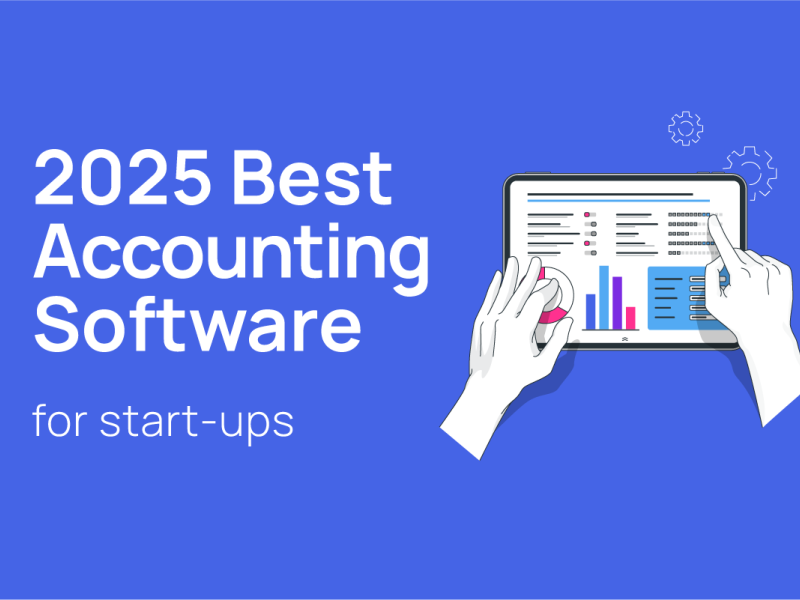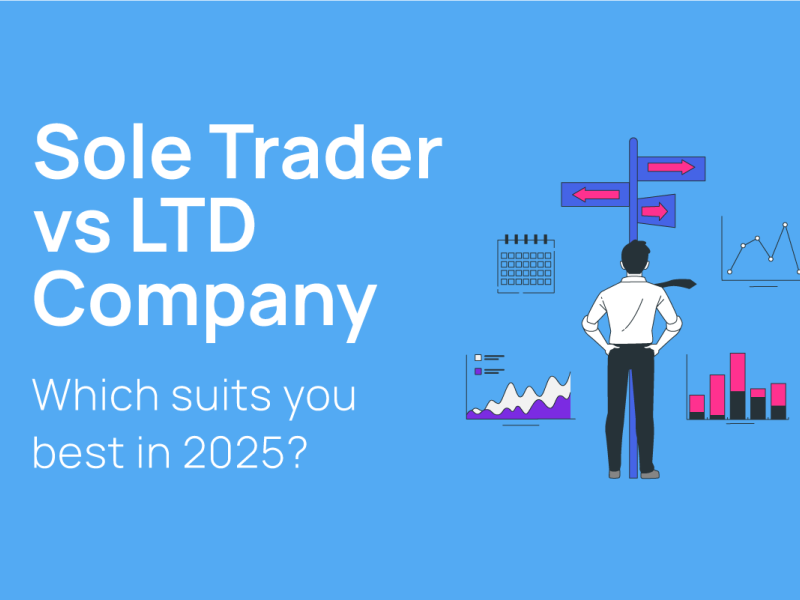Navigating VAT for Start-ups
-
Richard Jackson - 30/01/2024

As a growing entrepreneur stepping into the world of business, there are various aspects of tax and financial requirements you need to familiarise yourself with. Understanding the ins and outs of Value Added Tax (VAT) is one of these - a vital scheme you need to get to grips with.
In this beginner's guide, Richard from RPJ Accountancy breaks down the essentials to help you navigate this aspect of running a startup successfully.
Understanding VAT: The Basics
Value Added Tax, or VAT is a consumption tax applied to goods and services at each stage of production or distribution. Essentially, it's a tax on the final consumption of products or services. Businesses are responsible for collecting and remitting VAT, making it essential for those business owners running startups to grasp the basics.
When to Register for VAT
In the UK, businesses must register for VAT with HM Revenue & Customs (HMRC) (register for VAT) if their taxable turnover exceeds the VAT threshold.
Voluntary registration is an option even if turnover is below the compulsory threshold.
Compulsory VAT Registration Threshold
Businesses must register for VAT if their turnover exceeds £85,000 in the previous 12 months. A common missunderstanding is that this threshold relates to either a company financial year or tax year. It doesn't it is a rolling 12 month period.
How VAT Works
VAT is added to sales invoices, and purchase invoices from VAT-registered suppliers include VAT. You pay the difference between the slaes VAT you've received from customer payments in the period and the VAT you've paid to suppliers during the period.
Example (cash scheme)
- Sales receipts in period = £12000, including £2k in VAT.
- Purchase payments in period = £6000 including £1k in VAT.
- Your VAT liability = £2k - £1k = £1k to be paid to HMRC.
VAT Rates
VAT in the UK comes in three main rates:
- Standard Rate (20%): Applicable to most goods and services.
- Reduced Rate (5%): Eligible for specific goods and services, like children's car seats and domestic fuel.
- Zero Rate (0%): Applies to certain goods and services, such as most food items, books, and public transport.
VAT Flat Rate Scheme
For startups looking to streamline their VAT accounting, the VAT Flat Rate Scheme is an option. This scheme simplifies VAT payments by applying a fixed rate to gross turnover. However, it needs to accurately reflect the amount under standard VAT accounting, making professional consultation recommended.
VAT Returns and Other Schemes
Businesses submit a VAT return every three months, netting output tax (on sales) and input tax (on purchases). Other VAT schemes, such as Cash Accounting, Annual Accounting Scheme, and Flat Rate Scheme, offer alternatives tailored to specific business needs, providing flexibility and convenience.
Conclusion:
As a startup owner, understanding the VAT regime is vital to staying on the right side of HMRC. Penalties and fines that can be applied for late registration can cause financial difficulty and are best avoided.
If you have questions or need assistance with your VAT options, we are ready to help you make informed decisions.
Book a 15-minute free consultation here.
Or out our StartUp Services including our tailored 12-month handholding and training program which will help you build a rock-solid foundation for your business by equipping you with the essential skills needed for success..


